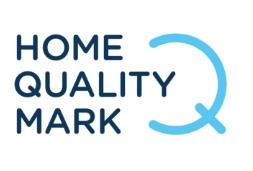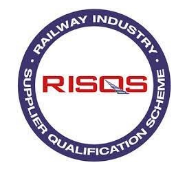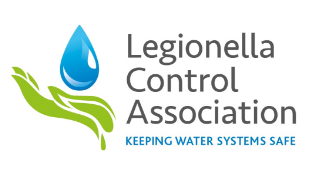In late July 2024, Melbourne experienced a significant outbreak of Legionnaires’ disease, with several confirmed cases linked to cooling towers across the city. The Victorian Department of Health has been actively managing the situation, emphasising the need for regular maintenance and monitoring of water systems to prevent the spread of Legionella bacteria. This outbreak, primarily linked to Legionella bacteria found in cooling towers and other water systems, underscores the critical importance of maintaining stringent water hygiene practices to prevent such occurrences. Although this is occurring in Australia, it serves a stark reminder for global vigilance, including in the UK.
The Outbreak in Detail
The Department of Health in Victoria has confirmed multiple cases of Legionnaires’ disease, primarily affecting adults over 40 years old, with several requiring intensive care for severe pneumonia. The bacteria, Legionella pneumophila, thrive in warm water environments and can spread through inhalation of contaminated water droplets, making cooling towers, hot tubs, and plumbing systems potential hotspots for outbreaks.
Why the UK Should Stay Vigilant
Although this outbreak is in Australia, it serves as a pertinent reminder for the UK to remain vigilant. Legionnaires’ disease is not confined by borders, and the conditions that foster its growth can be found worldwide. In the UK, maintaining high standards of water hygiene is essential to prevent similar outbreaks.
In August 2023, the UK faced a significant public health concern when Legionella bacteria were discovered on the Bibby Stockholm barge, intended to house asylum seekers. Despite early warnings, the bacteria’s presence led to delays in evacuating the barge, highlighting critical lapses in water hygiene management. This incident underscores the importance of rigorous testing and maintenance of water systems to prevent the spread of Legionnaires’ disease, aligning with the broader need for vigilance and proactive measures in water hygiene practices across the UK. Both the Bibby Stockholm barge incident and the recent Melbourne outbreak emphasise the critical importance of maintaining high water hygiene standards.
In more recent events, Worcestershire County Hall was abruptly closed following the discovery of legionella bacteria in its water system. This closure serves as a stark reminder of the potential dangers posed by legionella.
These events reveal vulnerabilities in water management systems and underscore the need for regular monitoring, proper maintenance, and swift action to mitigate risks. For UK businesses, these lessons highlight the necessity of adhering to best practices and regulations to safeguard public health and prevent the severe consequences of Legionella contamination.
Best Practices for Legionella Control
To effectively manage Legionella risks, businesses should follow these best practices:
- Identify and Assess Risks: Conduct thorough risk assessments to identify potential Legionella sources. This includes understanding the water system, associated equipment, and any conditions that might encourage bacterial growth.
- Implement Control Measures: Develop a written control scheme outlining the steps to manage identified risks, such as maintaining appropriate water temperatures, preventing water stagnation, and regularly cleaning and disinfecting systems.
- Monitor and Record: Keep detailed records of risk assessments, control measures, and monitoring activities. Regularly review and update these records to ensure ongoing compliance and safety.

Genex: Your Partner in Water Hygiene
Genex offers comprehensive solutions to help UK businesses and institutions manage their water systems effectively, ensuring safety and compliance with health regulations. Here are some of the key products and services provided by Genex:
- Water Testing and Monitoring: Regular testing for Legionella and other harmful bacteria is crucial. Genex provides state-of-the-art testing services to detect and monitor water quality, helping to identify risks early.
- Water Treatment Solutions: From chemical treatments to advanced filtration systems, Genex offers a range of water treatment options designed to eliminate bacteria and maintain water quality.
- Cooling Tower Maintenance: Given the role of cooling towers in Legionnaires’ outbreaks, Genex provides thorough cleaning, disinfection, and maintenance services to ensure these systems do not become breeding grounds for bacteria.
- Risk Assessments and Compliance: Genex helps businesses comply with the UK’s stringent health and safety regulations by conducting comprehensive risk assessments and providing guidance on necessary measures to mitigate risks associated with Legionella. We also provide detailed guidance on implementing necessary measures to ensure compliance with UK health and safety regulations, such as those outlined by the Health and Safety Executive (HSE).
- Training and Consultancy: Education is a key component in preventing outbreaks. Genex offers training programs for staff to ensure they are knowledgeable about best practices in water hygiene and safety.
The recent outbreak of Legionnaires’ disease in Melbourne highlights the importance of maintaining vigilant water hygiene practices worldwide. In the UK, businesses must adhere to strict regulations and implement robust water management strategies to prevent similar outbreaks. Genex offers the expertise, products, and services needed to ensure safe and compliant water systems, helping businesses protect public health and avoid the severe consequences of Legionella contamination.
For more information on how Genex can help maintain water hygiene standards, contact us here.














